Guest Post by Asha Kansal
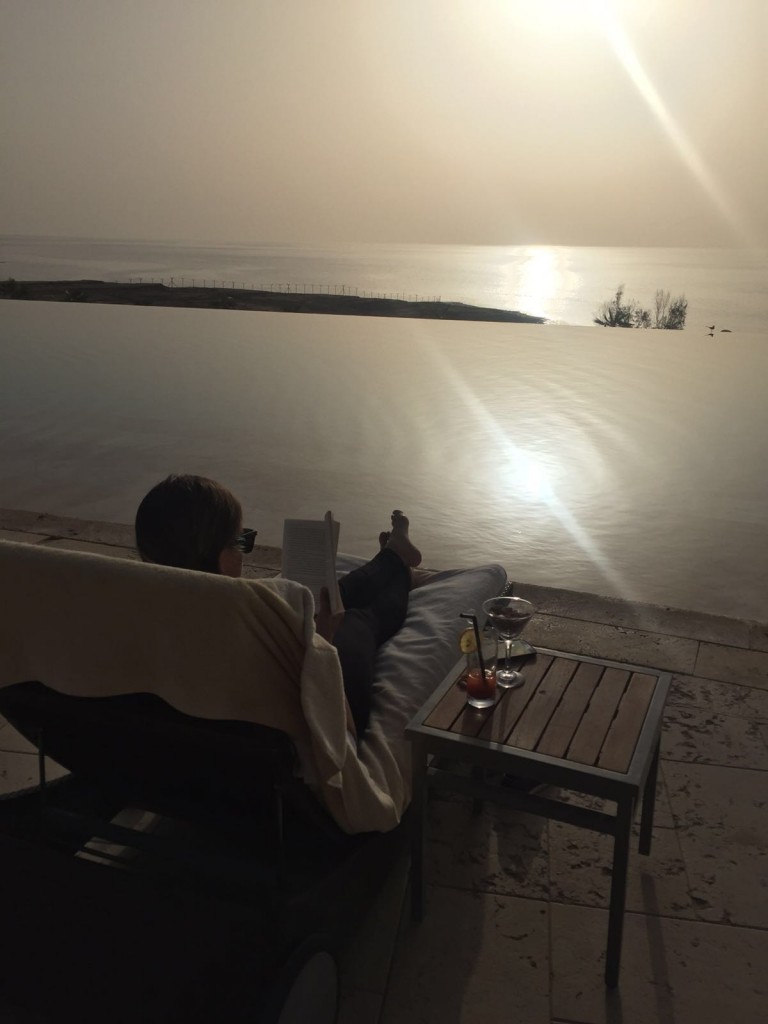
Every other year or so I am lucky enough to have the chance to visit family in India. Traditionally, after our big, fun visits there I extend one of my layovers back to the States in order to take advantage and explore another country. This time around I was determined to visit a friend of mine who had recently moved back home to Jordan. I’ve been to the Middle East only once before (another extended layover) and got to see about 5 hours worth of Dubai. But this visit would be different. In the end I would be there for a little over a week.
My other key motivation to visit was to see for myself what a piece of the Middle East is really like. I’m fed up being told by an ignorant and biased media what to think and believe. Even the term Middle East makes some cringe. The more I interact with Arabic people in the U.S. the more I realize what a diverse, intellectual, and fascinating part of the world they come from! It is becoming increasingly worrisome that the atmosphere in too much of the U.S. is becoming conducive towards hate and racism against a culture that some are too lazy to even try to understand and respect. So I wanted to see for myself what Jordan has to offer, despite a slew of dear friends and family telling me to reconsider because “it’s too risky.”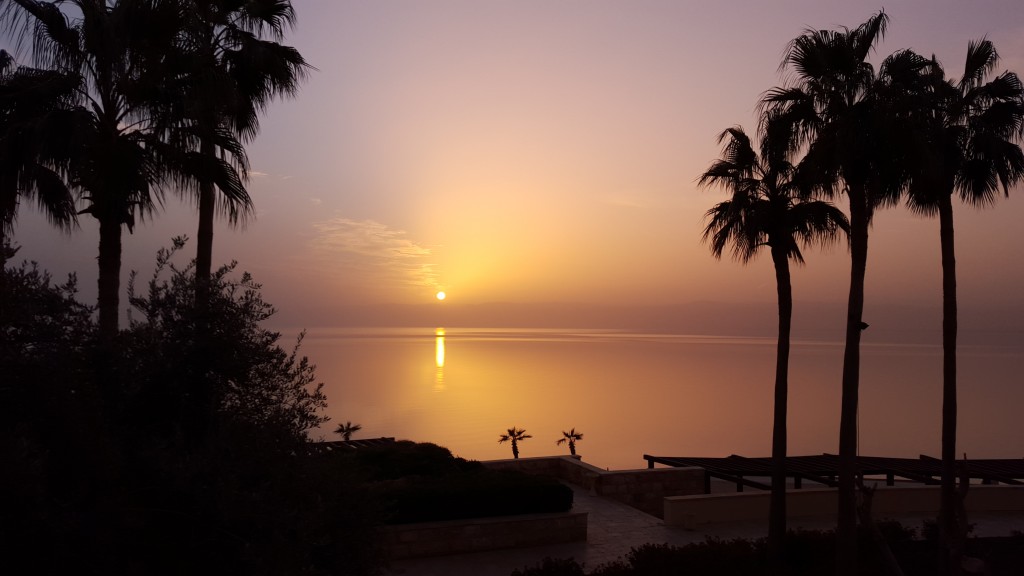
Before going I had no idea what to expect. I’m an American girl in my late 20s, and I was just thankful that I have this ambiguous brown skin and dark hair which would help me blend in. The first few times that people asked me where I’m from, when they realized I wouldn’t respond back to their Arabic questions, I hesitated to say “America” out of fear that they would have some negative feelings towards our country for some reason I don’t even know. But 100% of the time, Jordanians, young, old, fluent or not in English, taxi driver or acquaintance, would say “welcome” with a smile that was genuine and respectful. Some days I would just meander through the streets alone, taking in the sights, getting lost occasionally, and making small talk with street vendors. Every single interaction with someone there was positive. They see no reason to discriminate!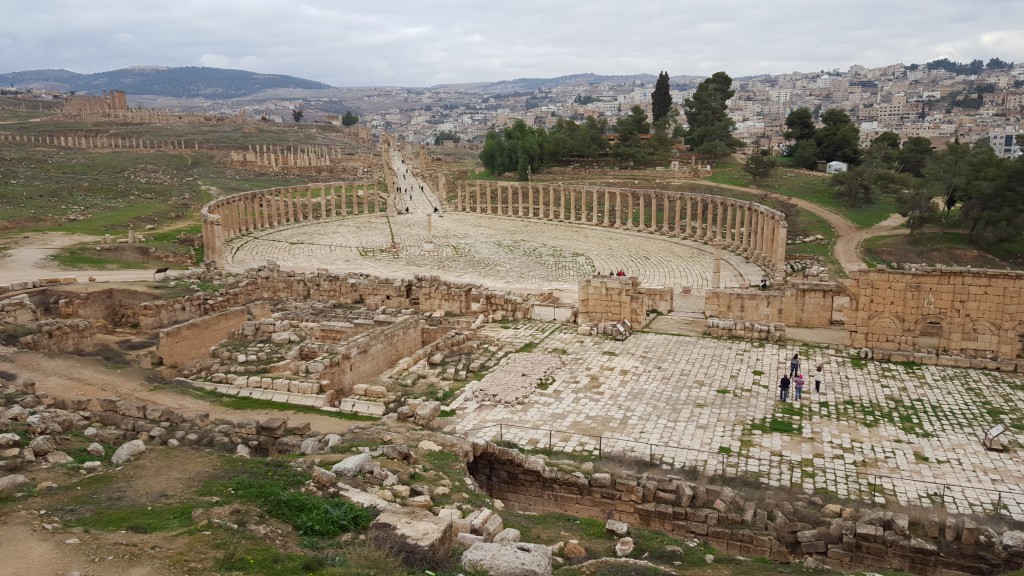
On nights that we went out, bars would sometimes be swanky enough that I felt underdressed in my expensive jackets and red lipstick. Even their martinis are better than ours.
Cafes on all nights are packed with a mix of people smoking hookah and drinking the biggest variety of delicious non-alcoholic drinks you could imagine. Women in hijabs, women without, friends mingling, old and young, Christians, non-Christians…it was an eclectic mix wherever I went.
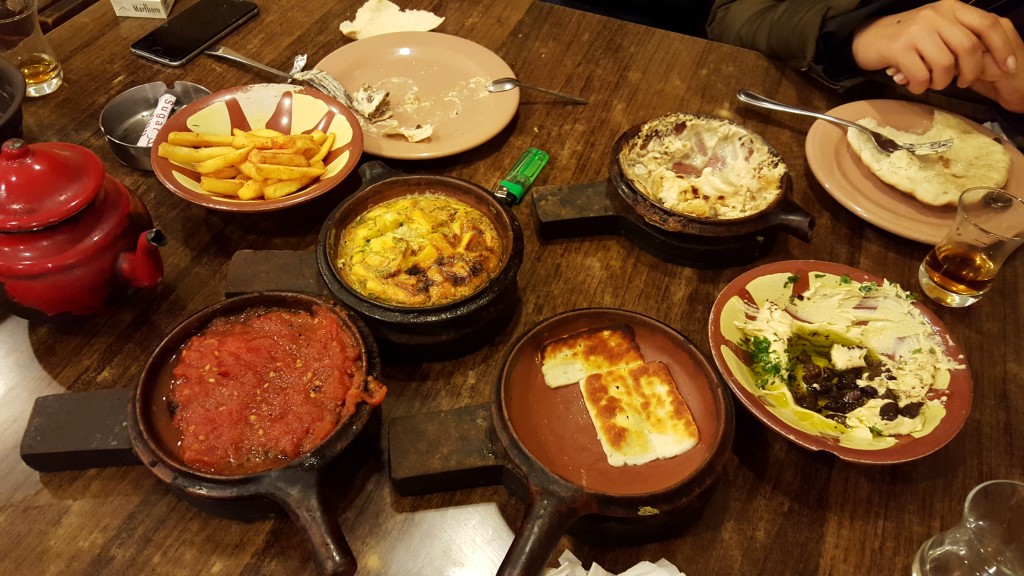
I traveled to Jarash and hiked around the ancient Roman ruins that lie 50 kilometers from Syria. I was so grateful to have such a beautiful experience there. In such a magnificent and breathtaking place, it was completely empty of tourists, due to the unfounded fear that the city is too risky to visit now, due to ISIS’ presence in 2 different countries outside of Jordan.
The Dead Sea was an extraordinary experience. With the high salinity of the water, all you can do is float and bob around in the water; even swimming to the deepest parts is safe as it’s impossible to drown! It’s tradition to get a full-body mud pack from the black, gooey mud straight from the bottom of the sea. It’s chalk full of nutrients for the skin. You can get a lovely and eerily close look at Palestine from the coast as well.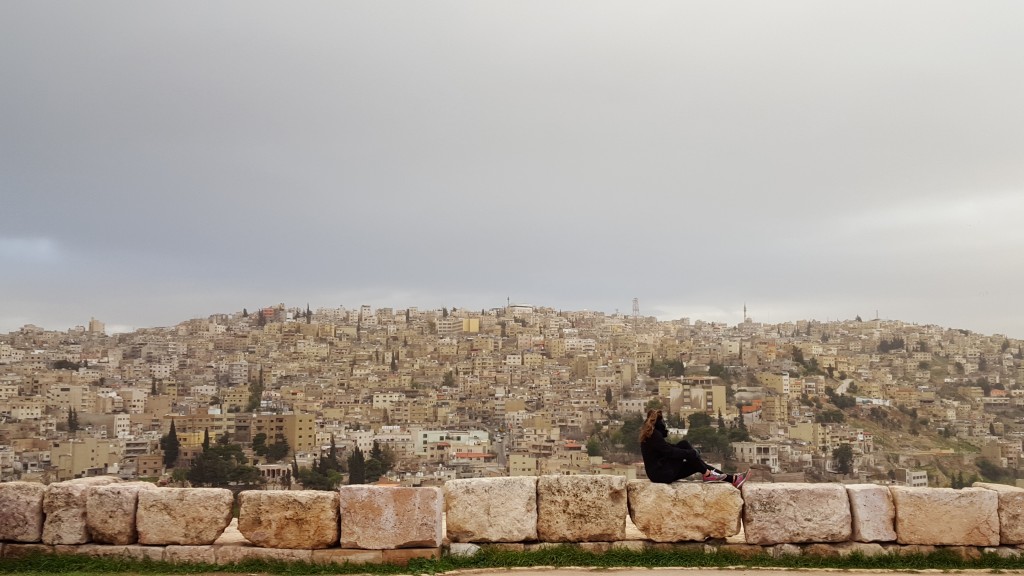
Amman itself offers such a cool mix of things to do. Their shopping malls are like the U.S, except you can sit down and have some hookah in the middle of the mall if you want a break! There are plenty of neat cafes, restaurants, and bars to hang out at, with a surprisingly big number of Westerners enjoying life there. Amman has its own special Roman ruins and amphitheater, part of which impressively sit on top of a hill near the center of the city. Visiting a Hammam and getting the biggest full-body exfoliation and bath of your life by experienced women is another amazing experience! It’s a fascinating city to be in and the people in it make it that much more fun and interesting – good conversation is never hard to find.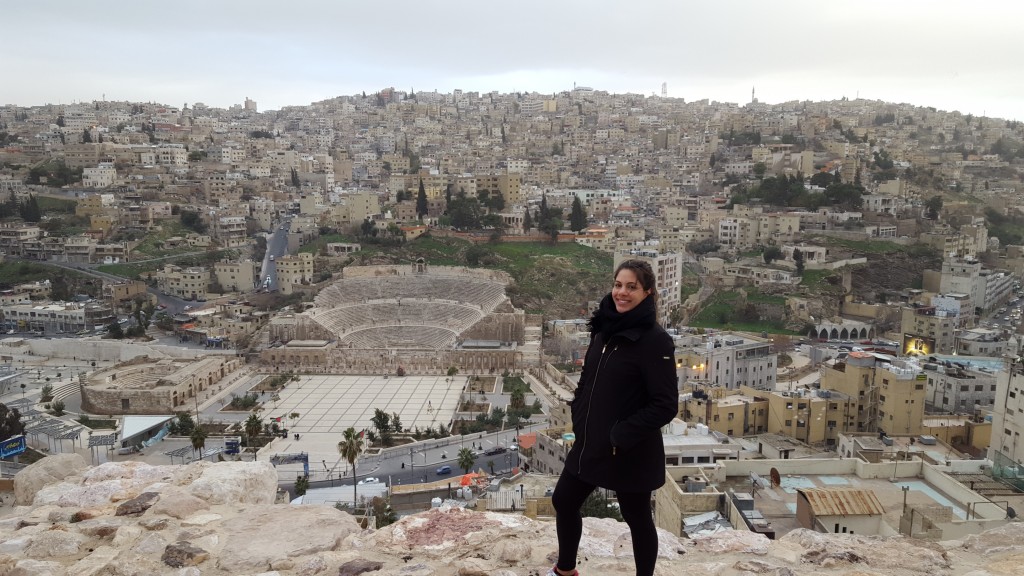
I want to share my experience so that people get used to hearing the term “Middle East” and not immediately associate it with “war,” “ISIS,” and “terrorism.” The world is made up of so many different cultures that all we can do is respect one another and even learn a little from each other. There’s no reason to hate. It just doesn’t do any good. And as stupid and common sense as that sounds to me, there are millions of people who do just that towards Arabs.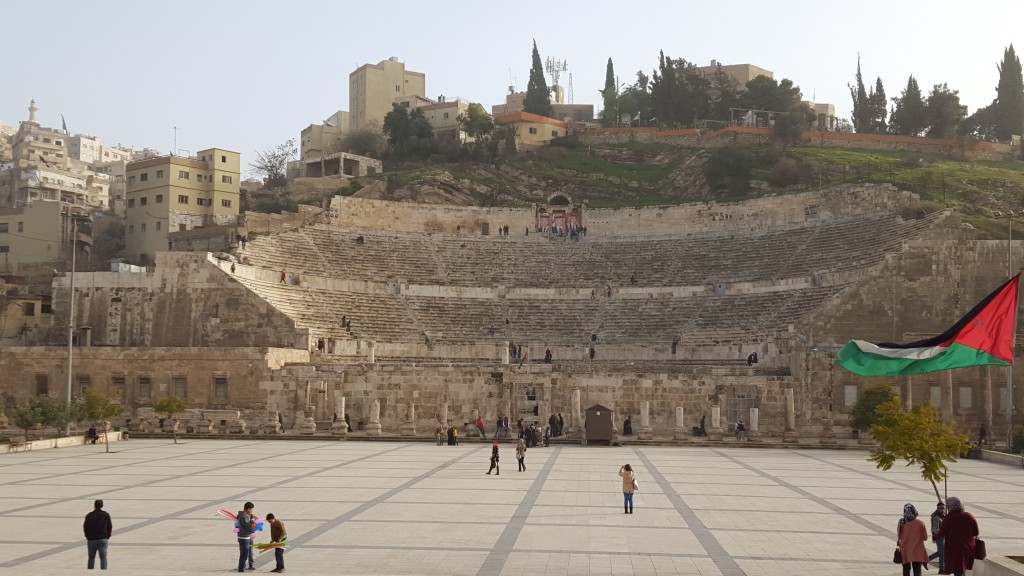
What an eye-opening experience that I hope to continue to expand upon! Not everything is how we think we understand; we can truly understand that which we actually experience.
———-
Asha Kansal is a graduate of Linguistics/TESL at Southern Illinois University Edwardsville, currently working as a full time ESL instructor. She’s an aspiring travel and food blogger.
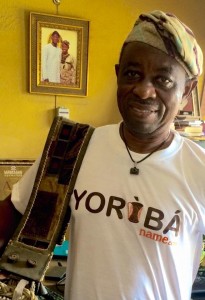 There’s probably nothing I can say about him today that hasn’t been said better by others, or that I haven’t said before on this blog. His work over many decades represent a significant guiding light to the little work I (and many others) do in defence of African languages and culture. Through filmmaking, he has helped place African culture on the global map, but more importantly, given us an alternative and authentic portrayal of ourselves (to ourselves and to the world). He is restless, dedicated, hardworking, meticulous, thorough, and he knows what he is doing.
There’s probably nothing I can say about him today that hasn’t been said better by others, or that I haven’t said before on this blog. His work over many decades represent a significant guiding light to the little work I (and many others) do in defence of African languages and culture. Through filmmaking, he has helped place African culture on the global map, but more importantly, given us an alternative and authentic portrayal of ourselves (to ourselves and to the world). He is restless, dedicated, hardworking, meticulous, thorough, and he knows what he is doing.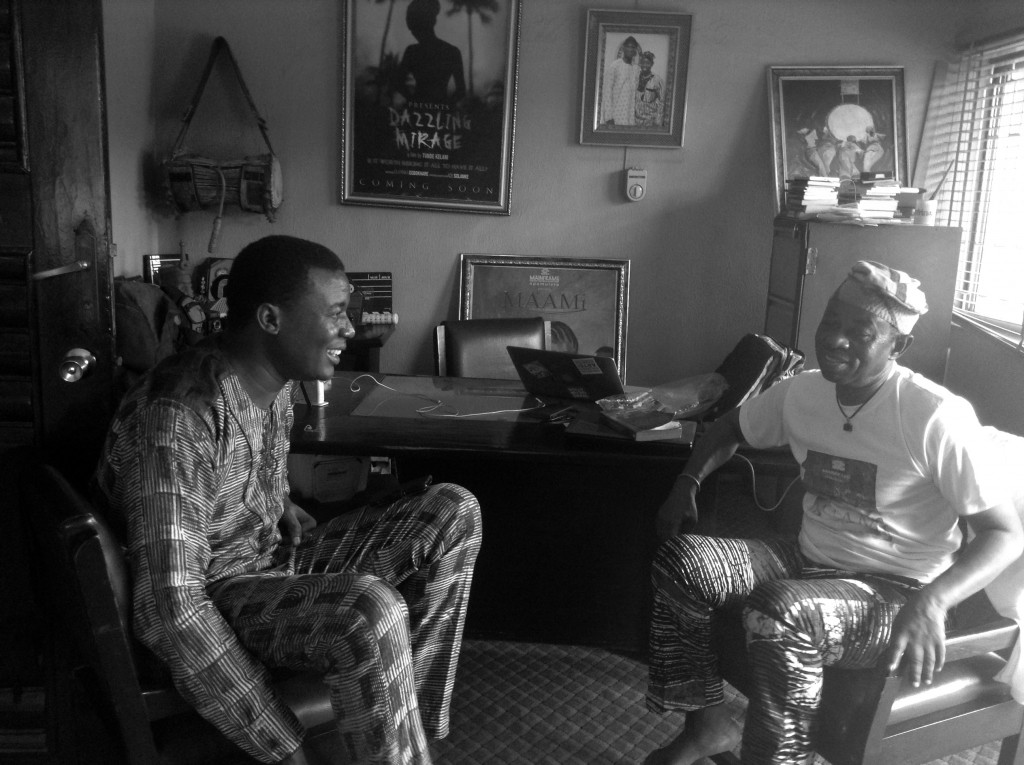







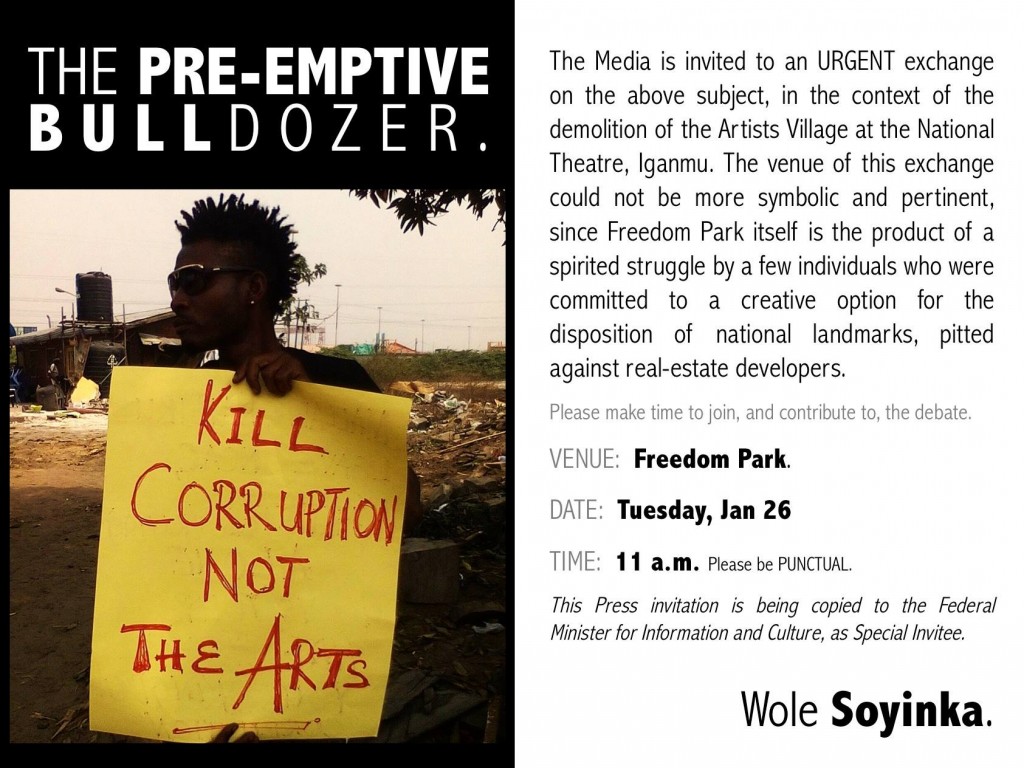
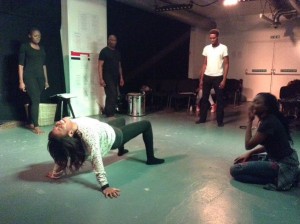
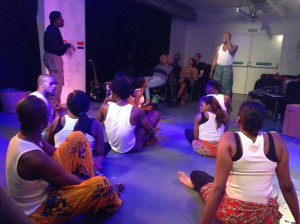
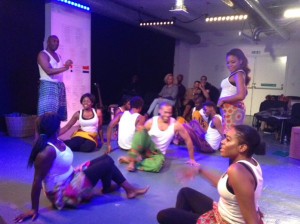
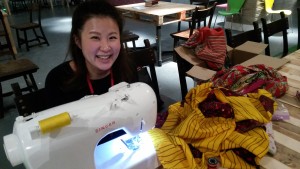
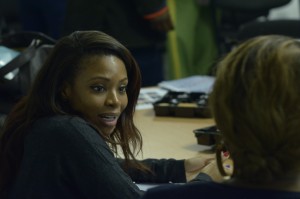
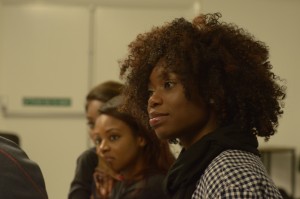
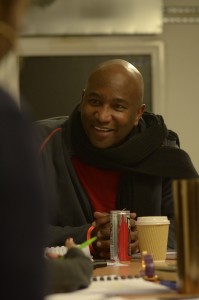
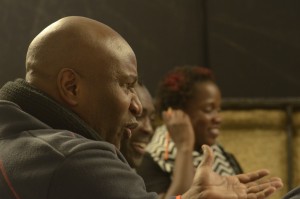
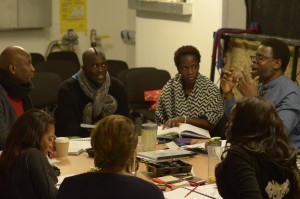
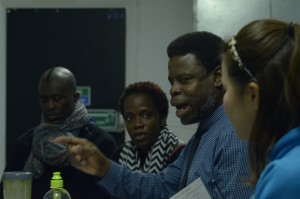
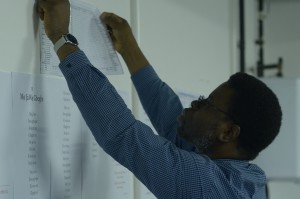

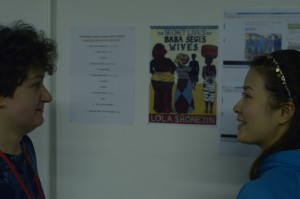
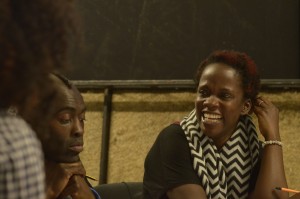
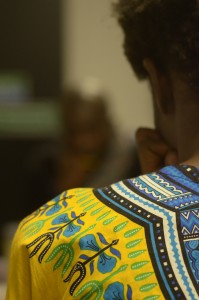 The director of the stage adaptation of the Lọlá Shónẹ́yìn’s The Secret Lives of Baba Segi’s Wives, Mr. Fẹmi Elúfowójù Jr., sent me these pictures from
The director of the stage adaptation of the Lọlá Shónẹ́yìn’s The Secret Lives of Baba Segi’s Wives, Mr. Fẹmi Elúfowójù Jr., sent me these pictures from